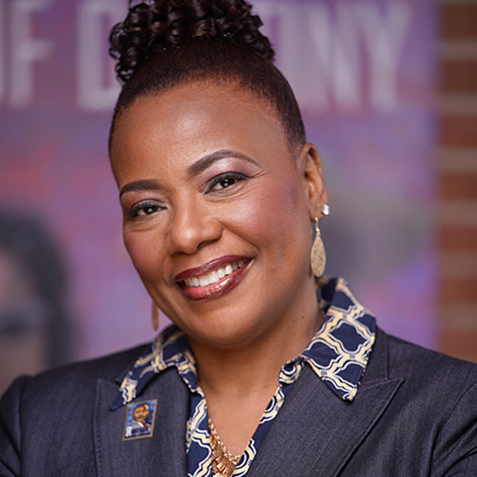Atlanta
Georgia
Community Lead
Bernice King
CEO of The King Center
Lead Community Organization
The King Center
The Martin Luther King Jr. Center for Nonviolent Social Change (The King Center) is a 501(c)(3) nonprofit organization established in 1968 by Mrs. Coretta Scott King. The organization committed to educating the world about the life, legacy and teachings of Dr. Martin Luther King, Jr. It serves to inspire new generations to carry on Dr. King’s unfinished work, strengthen causes and empower change-makers who are continuing his efforts. The King Center’s premiere education initiative, Nonviolence365®, is based on Dr. King’s nonviolent philosophy. The initiative engages participants from various sectors of society, including emerging and next generation leaders, in modules and exercises that enhance communication, leadership, interpersonal and conflict reconciliation skills.

Atlanta Community Lead

Bernice King
CEO of The King Center
Bernice King is the CEO of The King Center, a historic organization dedicated to advancing leadership development, community empowerment and social impact since 1968. The King Center provides supplemental educational, health, cultural, social and recreational programs that empower children, adults and elders to achieve personal success, as they contribute to the building of a stronger and more sustainable society.
Join Us and Get Involved!
If you are interested in partnering with Southern Communities Initiative or wish to volunteer your time, we invite you to explore the different ways you can engage.



